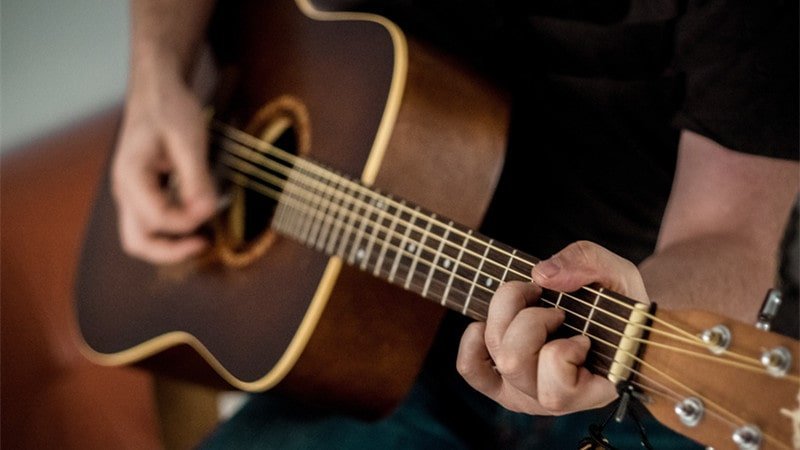There are plenty of reasons to learn to hunt. However, the beginning can be complicated.
Hunting is a commitment that requires effort, time, and specialized equipment. It’s worthwhile, though.
To assist you in navigating all the necessary steps and abilities to learn to hunt, we’ve put up these 9 things you must know before you go hunting.
The goal here is to lay a solid foundation with the knowledge you learn from this enabling you to go on to more challenging subjects and techniques.
Learn the local hunting laws.
Hunting regulations change annually, and the laws are cyclic. So verify local regulations where you intend to hunt, be aware of any limits on baiting and feeding, and don’t assume that laws in one region apply to laws in another.
Renewing and registering your hunting license
It is essential to buy a hunting license to hunt sensibly, morally, and responsibly. To hunt on opening day, you must renew your license, register if this is your first time, and ensure you have the appropriate licenses for each hunting season.
In some circumstances, you need more than one license, depending on the animal or bird you intend to hunt.
Learning about your hunt: Decide what you want to hunt.
Start modestly if you need clarification on how hunting will work for you. Hunting rabbits, squirrels, pheasants, chukar, quail, grouse, wild turkey, and ducks are suitable entry points for novice hunters.
Young hunters under 18 must complete hunter education, but we strongly advise new adult hunters to do the same. Enroll in a hunter education course to learn how to safely handle and shoot a weapon and about hunting laws, ethics, and perhaps certain tricks and strategies.
Learning Hunting Traits
Hunting techniques passed down through the years are still used today. Animals rely on their senses of hearing and scent. Hunters have therefore evolved certain features to obstruct those senses like:
- Using plain soaps to cover up your body odor while maintaining a gear load of pine needles and leaves.
- Learning to use the best deer attractants or bait to entice deer and avoiding quick, noisy movement in the wild.
Learning about hunting Equipments
Next, familiarize yourself with your hunting equipment. Depending on your preferences, the type of hunting you do, and the terrain, that could mean a wide range of things.
These are some of our number-one priorities. Everything you need for the hunt is right there.
Depending on the terrain you will be hunting in, you can later divide it up and add additional gear.
Let’s examine the items on this list:
- Rifle or compound bow
- Scope, rangefinders, and binoculars
- Ammo
- Hunting Knife
- Hunting stand
However, if you are new or prefer to be comfortable while you wait for your hunt, you can opt for a ground blind instead of a Hunting stand.
They are simple to set up and take down, they keep the hunter better disguised than ever, and let’s face it, you can hunt more comfortably when there is space to walk around without being discovered by a neighboring deer.
Check out our list of the best hunting blind for a fair comparison and the best deals with reviews.
Developing Your Weaponsmanship
The two sorts of weaponry available to hunters are bows and firearms. Both have specific advantages and disadvantages. Nonetheless, you should be cautious when using either weapon, and you should only point your weapon at the person or thing you plan to hit.
Learn safe gun handling techniques, and always clean your weapon after use. A great way to start is by improving your skills at the closest shooting range. Even better if you choose to build your own firearm for hunting using lowers from 80% Arms.
Learning about Hunting Safety
The following are some of the necessities for hunting: a place to rest, clothing, hygiene, and sustenance. Depending on the weather, hunting apparel changes.
For instance, when hunting in the snow, you must bring hand warmers, an extra layer of clothes, rain gear, a face mask, and insulated boots. In contrast, you are significantly less dressed if warm and humid.
Rain gear, a windbreaker vest, and shooting gloves are often worn on top of the basic layers of clothing.
Other hunting Safety essentials include:
- Sleeping bag
- Drinking water
- Package food
- First aid kit
Hunting requires Patience
To become a skilled hunter, you must have Patience. The common misconception is that all you must do to shoot is find your target. But in reality, you may go the entire day without firing a shot in other situations.
Just because you could not use the hunting blade that day does not imply that you are a lousy hunter. The most crucial factor is that you are ready. Thus, you must always be patient. The ideal chance can come along when you least expect it.
Frequently Asked Questions about hunting.
- My pistol permit is valid. Do I still need to complete the hunter education course for firearms?
Pistol permits have no bearing on hunter safety and are not an acceptable form of training to obtain a hunting license.
- What is the most hunted game in America?
The most popular and hunted large game species in North America is the white-tailed deer.
- What is the most important hunting rule?
Local hunting regulations. You must abide by the state and municipal hunting laws since they were implemented to safeguard you, the environment, and the wildlife populations.
- Why Is hunting good for society?
Hunting contributes to a healthy lifestyle, strengthens our economy, supports conservation and wildlife management, has altruistic qualities, and directly connects us to all species on Earth.
Bottomline
Hunting can be a very fulfilling activity or hobby. It can take a few attempts before you have your first hunt. There will be many empty days, but you’ll get used to that as time passes. You will learn more about nature and wild creatures as you explore the outdoors.
Additionally, as you know, hunting can be a demanding endeavor, like anything in life. Frustration and stress are constantly present. The best way to get through any difficult moments is to reinvent yourself.
So before you leave, check out these 4 Benefits of Reinventing Yourself. That enables you to acquire new and improved coping mechanisms to handle fresh issues and circumstances better and more helpfully, reducing frustration and raising happiness.


